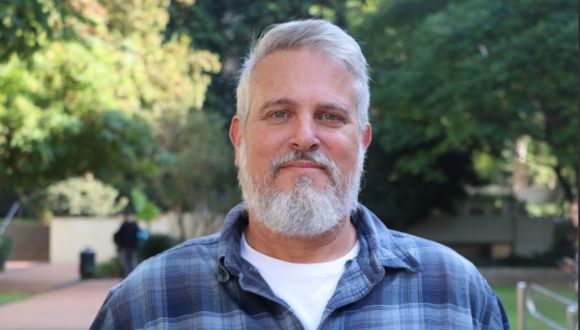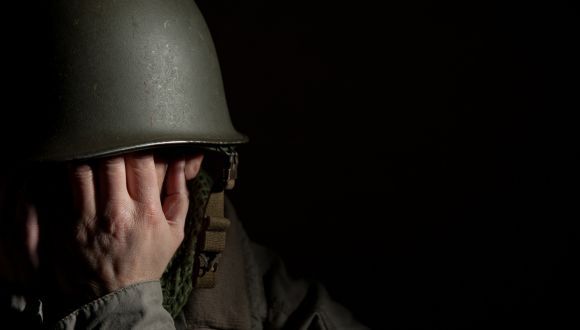Therapy on Hold: Reservists' Return to Service
Reservists with PTSD recalled before therapy completion.
With the war continuing for many months, the Clinic of the National Center for Post Trauma & Resilience at Tel Aviv University warns about a troubling phenomenon: many IDF reservists diagnosed with PTSD after serving in Gaza have recently been called up again, before completing the required therapeutic processes. The Clinic cautions that some reservists quickly respond to the new summons, quit or delay therapy, and return to service, risking further deterioration in their condition while endangering their comrades because they might not be fully fit for active service. The data was presented at the Tel Aviv Conference – 'The Future of Israel'.
The Clinic of the National Center for Post Trauma & Resilience at Tel Aviv University, the largest PTSD clinic in Israel, was opened soon after the current war broke out. Every week the Clinic receives about 40 new requests for treatment from both civilians and soldiers, most of them affected by the war. According to the Clinic, this torrent is unusual, even compared to past military campaigns, indicating the great emotional distress engendered by the war, with no end in sight.
Concerns in Calling Back PTSD Patients
Prof. Yair Bar-Haim, Head of the National Center for Post Trauma & Resilience at Tel Aviv University: "Since the Oct. 7 attack, the number of people with PTSD in need of therapy has grown every month. Usually, reservists go back home, presumably to their 'normal lives', and it takes them some time to realize that they can't function normally at work or home. Moreover, these people face substantial danger due to a troubling phenomenon we noted recently: many of our patients are called up again before completing therapy for PTSD from their first round of fighting. Being deeply committed to their country, unit, and comrades, some leave everything behind and go back to serve. It must be understood that this can worsen their own symptoms, and there is also real concern about their ability to function and make decisions as commanders or squad members on the battlefield. This trend also calls for adapting existing therapeutic protocols – generally addressing past traumas that have generated a psychological disorder but most probably will not happen again. The unique situation of returning to the context of the trauma and risking exposure to more trauma has rarely been discussed in the professional literature. Today, this is happening in two places, Israel and Ukraine, as a result of protracted wars".

Prof.Yair Bar-Haim.
Prof. Bar-Haim adds: "Clearly, Israel's mental healthcare system is experiencing a deep crisis. I call upon decision-makers to act now and develop long-term solutions: solutions that look beyond the horizon, to the next two decades at least; solutions that will upgrade and accelerate training processes for future therapists and establish strong regional clinics specializing in trauma and PTSD. In the immediate term, we must raise the awareness of soldiers, commanders, and civilians regarding the symptoms of PTSD, and individuals already receiving therapy for PTSD should be exempt from additional military service - until the therapeutic process has been completed and the patient is once again psychologically competent".






